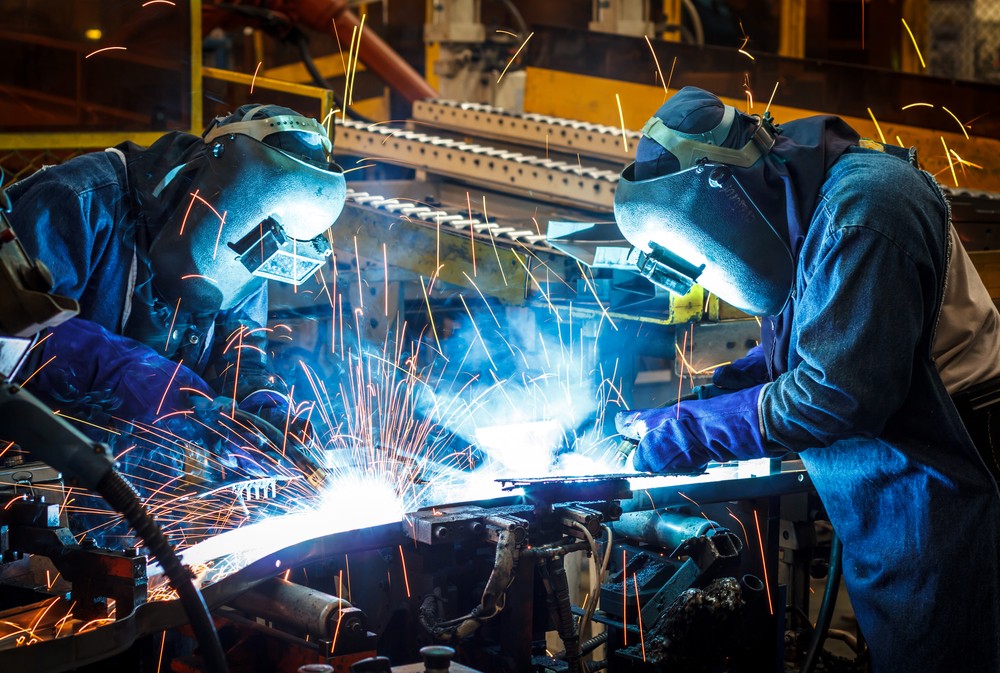Manufacturers in Germany are looking for ways to set up smart factories or further digitize their existing plants in response to the globalization of production, according to a new report published by Information Services Group.
The 2019-2020 ISG Provider Lens Digital Transformation – Manufacturing Services & Solutions Report for Germany finds traditional manufacturers facing competition from digitally focused newcomers able to establish new business models because they are unencumbered by legacy operations. New technologies like industrial Internet of Things (IIoT), big data analytics, digital twins, collaborative robotics and additive manufacturing allow manufacturers to become more efficient, flexible and innovative.
“The smart manufacturing landscape rises vertically from the shop floor up to ERP and the cloud and spans the entire value chain,” said Christian Decker, partner and lead, smart manufacturing vertical, ISG EMEA. “It is about leveraging new technologies and exploiting the captured data of machines and processes to make both machines and human workers smarter and more efficient. The primary objective is to optimize manufacturing productivity, beyond what a human operator can do. Smart manufacturing also enables greater flexibility and new business models.”
Digital transformation is visible in many places in the German manufacturing sector, leading to a radical change in the entire industry, the report says. “However, the maturity of Industry 4.0 greatly varies in Germany. For example, the B2C industry is aiming at highly adaptable, customer-centric plants, to meet the demand for products customized to individual needs, whereas large-scale process industries are more focused on productivity improvements,” Decker added.
The report also notes that smart factories span all layers of the technology stack, from the physical to the virtual. Various solution vendors are battling to offer software to enable manufacturing execution systems (MES), product lifecycle management (PLM), IIoT and ERP.
The report finds three key technology trends that are critical to setting up smart factories.
First, digital manufacturing providers are pairing applied analytics skills to digitized production transformation projects. Data analytics can fundamentally change the production landscape and revolutionize supply chains, the report says.
Second, virtualization of products and processes, using concepts such as digital twins or virtual and augmented reality, have become increasingly important in digital manufacturing, the report says. Enterprises are using VR and AR to create virtual prototypes, plan production and to virtually train employees.
Finally, near-real-time networks enable connections to factory automation using licensed radio spectrum. The new 5G standard allows real-time communications, including robotic peer-to-peer connections without latency, the report says. Integrated cybersecurity solutions, however, are needed across the IT and operational technology (OT) domains to ensure operational continuity.




